Reasons Behind the Growing Popularity of Assisted Living Facilities
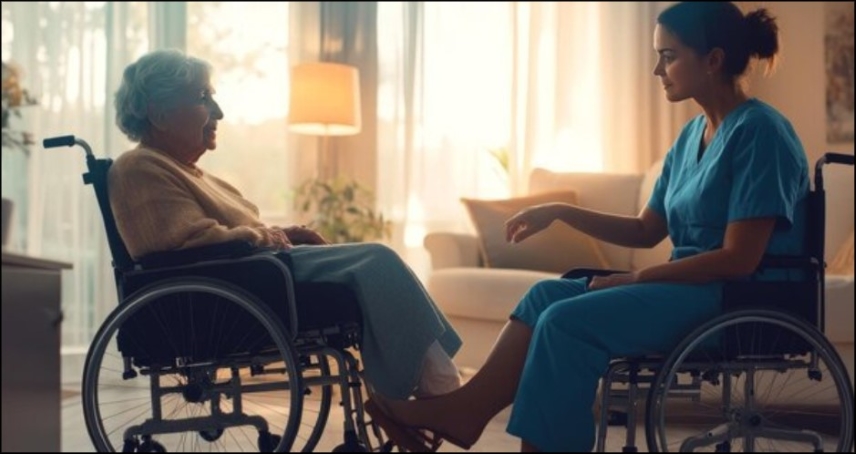

Reasons Behind the Growing Popularity of Assisted Living Facilities
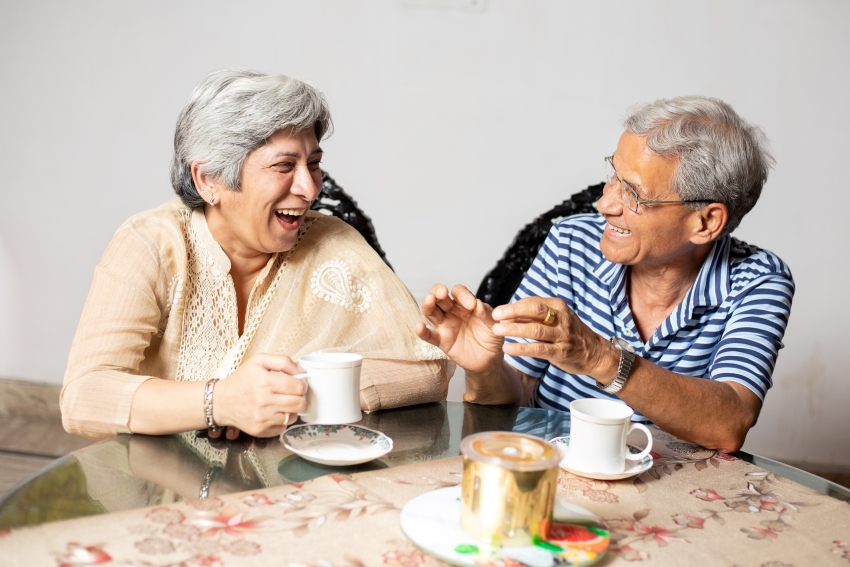
highlights the key factors to consider before choosing the right old age home for your loved one.
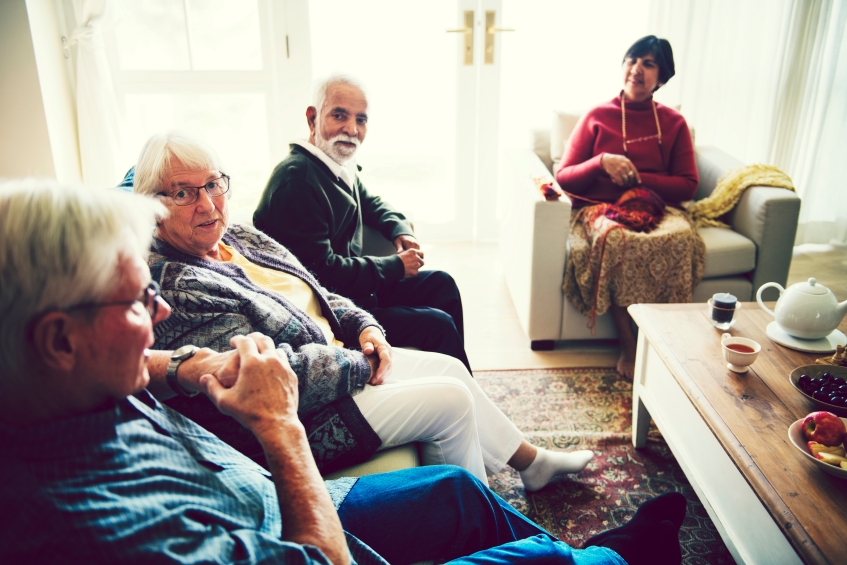
Are you thinking about assisted living for your loved ones? Here’s a guide to understanding the cost
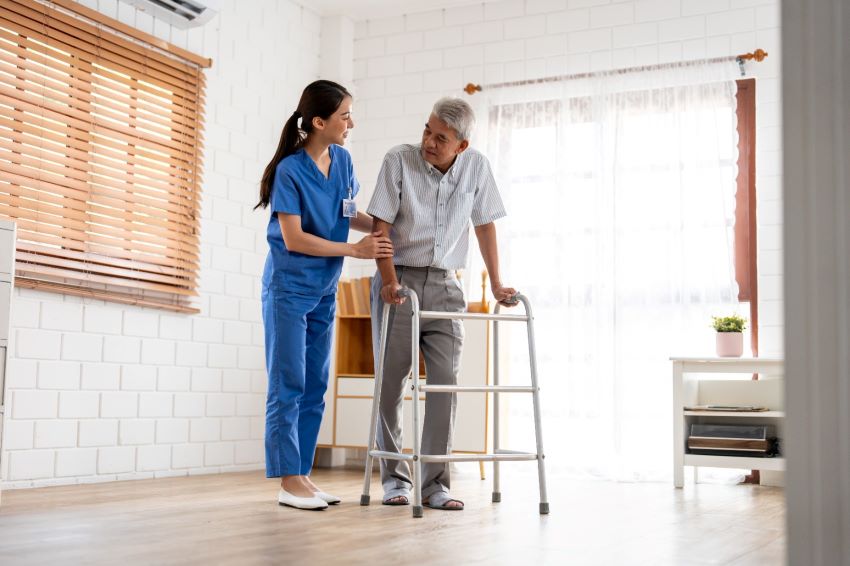
This blog helps you understand how premium assisted living stands apart from regular senior care
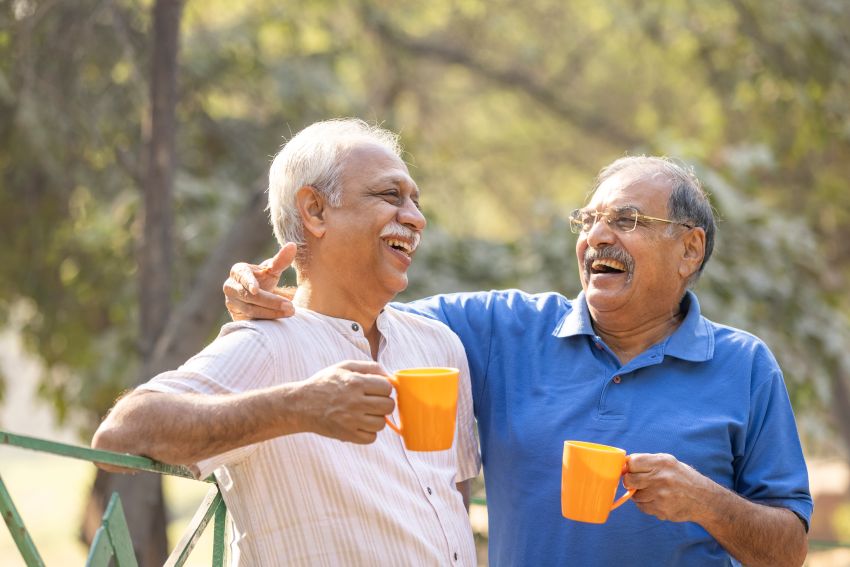
Assisted living, emerging and necessary options for the seniors in India improving quality of life
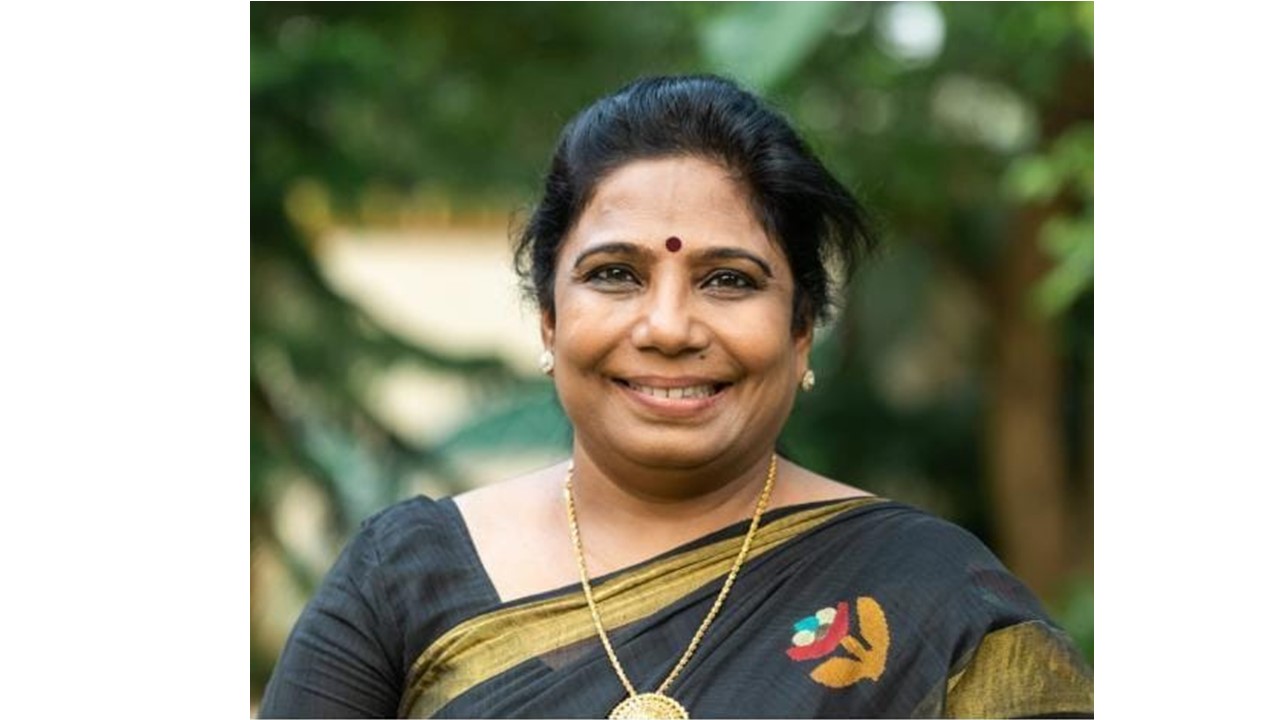
The post is about Palliative Care in situations like Cancer, Dementia and other related disorders
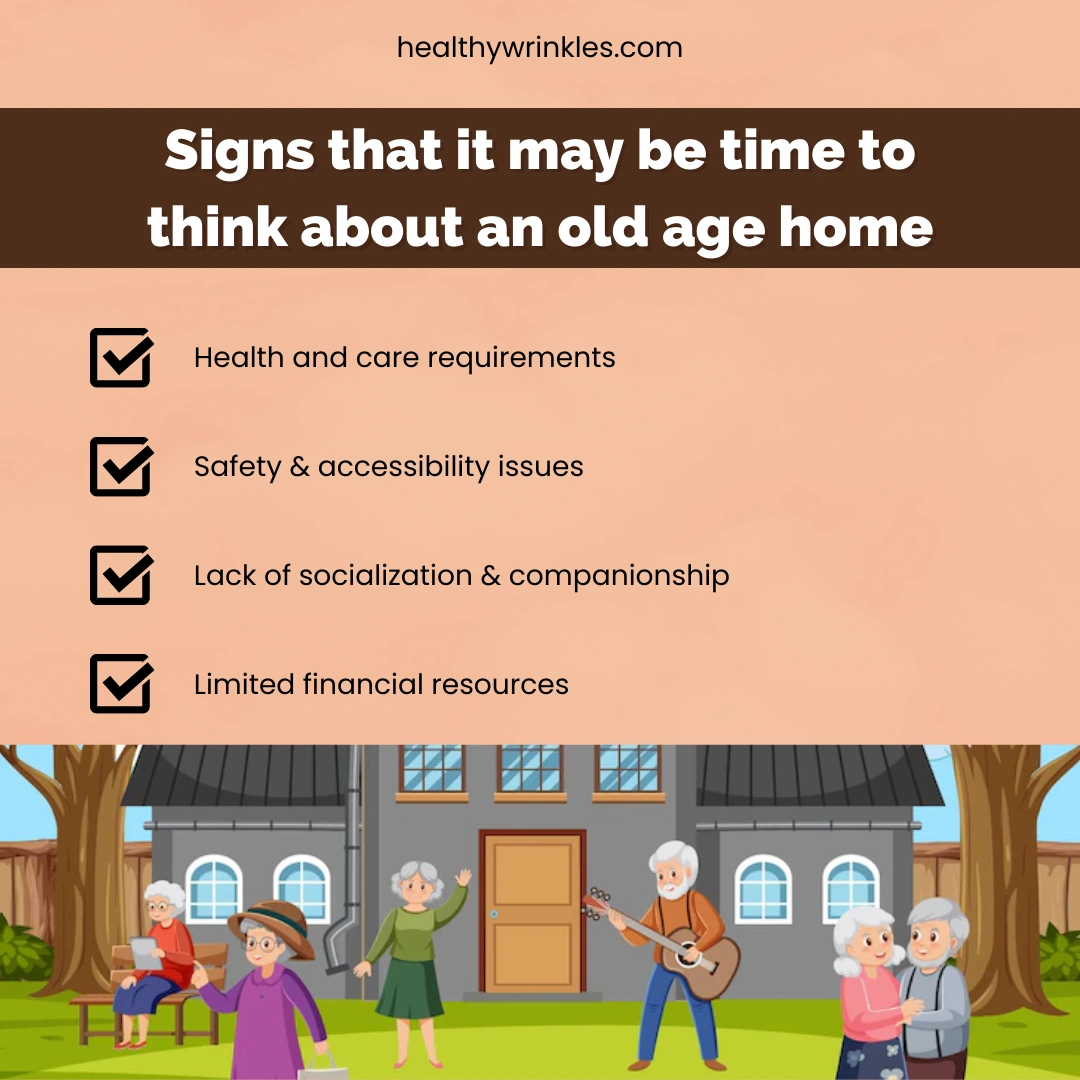
Is it time for considering an old age home for your elders?
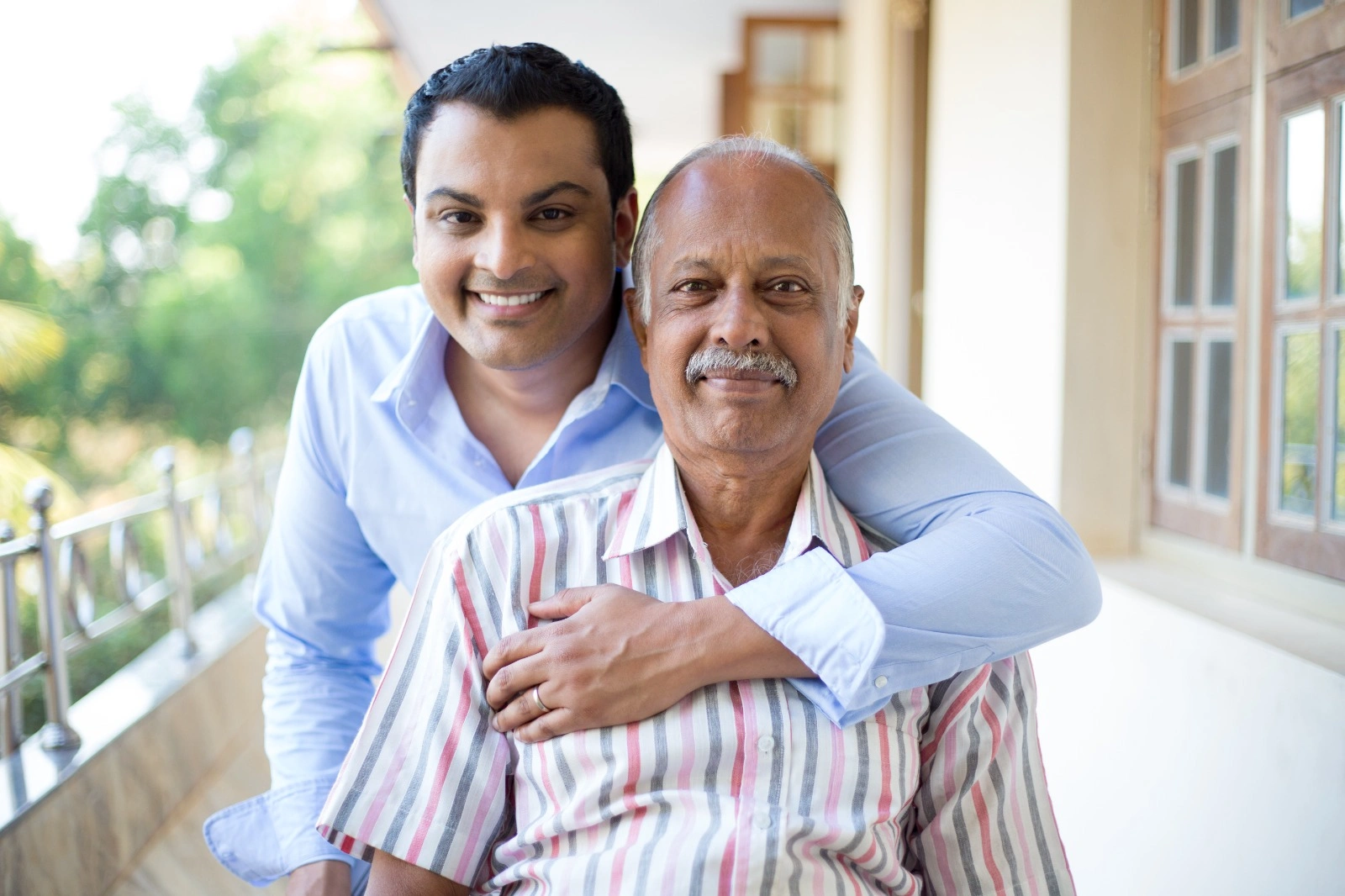
Explore The Most Reliable Assisted Living (Old Age Homes) In Panvel
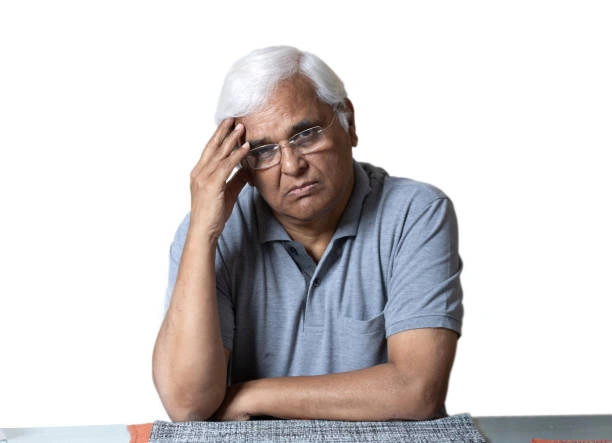
Mental health is an essential aspect of overall health, and it is crucial for charitable hospitals to provide mental health services to vulnerable populations, including seniors. In India, where mental health issues are often stigmatized and overlooked, charitable hospitals play a vital role in meeting the needs of seniors with mental health conditions. Know more about mind care for seniors from our experts.
Charitable hospitals in India offer a range of mental health services for seniors, including counseling, therapy, and medication management. These hospitals have trained mental health professionals who can diagnose and treat a variety of mental health conditions, such as depression, anxiety, and dementia.
One of the primary challenges of providing mental health services to seniors in charitable hospitals is the stigma associated with mental illness. Many seniors in India may feel ashamed or embarrassed to seek mental health services, or they may not even be aware that help is available. Charitable hospitals play an essential role in breaking down these barriers by providing a safe and supportive environment for seniors to seek treatment.
In addition to providing mental health services within the hospital, many charitable hospitals in India also offer community-based programs to support seniors' mental health. For example, some hospitals organize support groups for seniors with mental health conditions, where they can connect with others who are going through similar experiences. Other hospitals provide outreach services to seniors who may not be able to access care on their own.
Charitable hospitals in India also recognize the importance of cultural sensitivity when it comes to mental health services. They understand that seniors from different backgrounds may have unique needs and preferences when it comes to mental health care. Many hospitals offer services in multiple languages and have staff members who are trained to work with seniors from diverse cultural backgrounds.
Finally, technology is playing an increasingly important role in providing mental health services to seniors in charitable hospitals. Many hospitals are using telemedicine and other digital health solutions to connect seniors with mental health professionals remotely. This is especially important for seniors who may have mobility issues or live in remote areas.
In conclusion, charitable hospitals in India are playing a crucial role in meeting the mental health needs of vulnerable populations, including seniors. They are providing a range of services, from counseling and therapy to medication management and community-based programs. By addressing the stigma associated with mental illness, providing culturally sensitive care, and leveraging technology solutions, charitable hospitals are improving access to mental health services for seniors and helping to improve their overall quality of life. Whether you are searching for informative articles or looking for qualified caregivers or healthcare providers, Healthywrinkles is an excellent resource for all your senior care needs.

Technology has revolutionized the healthcare industry, and its impact can be felt across all age groups. However, its impact on senior healthcare is particularly noteworthy. Charitable hospitals in India have been at the forefront of implementing innovative technology solutions to improve senior healthcare. In this article, we will discuss the role of technology in improving senior healthcare at charitable hospitals in India.
One of the most significant advantages of technology in healthcare is the ability to connect healthcare providers and patients in remote areas. Charitable hospitals in India are using telemedicine technology to provide medical care to seniors living in remote areas. Telemedicine enables doctors to provide medical consultation, diagnose diseases, and prescribe medication remotely, eliminating the need for seniors to travel to hospitals. This has been a game-changer for seniors who may not have access to healthcare facilities nearby.
Another way technology is improving senior healthcare is through wearable technology. Charitable hospitals in India are using wearable devices such as fitness trackers, smartwatches, and health monitors to track seniors' health conditions. These devices can monitor vital signs such as blood pressure, heart rate, and blood glucose levels. This data can be used to identify potential health risks and intervene before they become serious. Know more about innovative technology for seniors from our experts.
Charitable facilities in India are also using electronic health records (EHRs) to improve senior healthcare. EHRs are digital records that contain a patient's medical history, test results, and treatment plans. They enable doctors to access patient records quickly and accurately, leading to better diagnoses and treatment. EHRs also help healthcare providers coordinate care more effectively, leading to better outcomes for seniors.
Another way technology is improving senior healthcare is through the use of mobile applications. Charitable hospitals in India are developing mobile apps that allow seniors to access healthcare services from their smartphones. These apps enable seniors to schedule appointments, order medications, and access healthcare information from anywhere. They also provide a convenient way for seniors to communicate with healthcare providers and receive personalized care.
Finally, charitable hospitals in India are using artificial intelligence (AI) to improve senior healthcare. AI can analyze large amounts of medical data and identify patterns that humans may miss. This data can be used to develop personalized treatment plans for seniors, leading to better outcomes. AI can also be used to monitor seniors' health conditions remotely, alerting healthcare providers to potential problems before they become serious.
In conclusion, technology has a significant role to play in improving senior healthcare at charitable hospitals in India. Telemedicine, wearable technology, EHRs, mobile applications, and AI are just some of the technologies being used to improve senior healthcare. These technologies are making healthcare more accessible, accurate, and personalized for seniors, leading to better outcomes and quality of life. Charitable hospitals in India are committed to continuing to innovate and use technology to improve senior healthcare. Whether you are searching for informative articles or looking for qualified caregivers or healthcare providers, Healthywrinkles is an excellent resource for all your senior care needs.
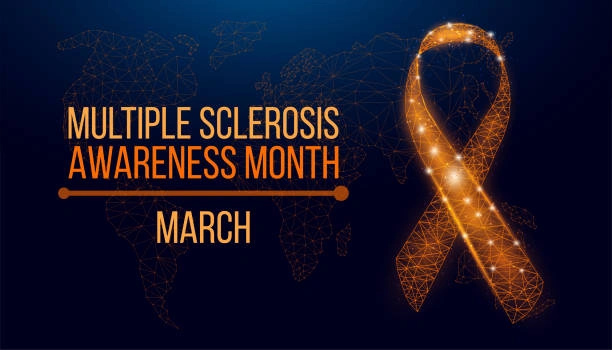
As people age, they become more susceptible to various health issues, and one of the most common conditions that affect seniors is multiple sclerosis (MS). MS is a chronic autoimmune disease that affects the central nervous system, causing a range of symptoms, including fatigue, weakness, and difficulty with mobility. As a result, seniors with MS may require assistance with their daily activities to maintain their independence and quality of life. In this article, we will explore the role of trained personnel in supporting seniors with MS in their mobility and independence. Healthywrinkles has a curated list of healthcare providers for seniors.
Trained personnel, such as physiotherapists, occupational therapists, and home health aides, play a crucial role in supporting seniors with MS. They are trained to assess the individual's abilities and limitations and develop a personalized plan to address their needs. This plan may include exercises to improve mobility and strength, strategies to conserve energy, and modifications to the home environment to make it safer and more accessible.
One of the primary goals of trained personnel is to improve mobility, which is often affected by MS. Mobility is essential for seniors as it allows them to perform daily activities such as getting out of bed, walking around the house, and going to the bathroom. Trained personnel can work with seniors with MS to develop an exercise program that is tailored to their abilities and preferences. Exercise programs may include stretching, balance training, and aerobic exercise, all of which can help improve mobility and reduce the risk of falls. Know more about fall prevention from our experts.
Another important role of trained personnel is to help seniors conserve energy. Fatigue is a common symptom of MS and can significantly impact a senior's ability to perform daily activities. Trained personnel can teach seniors energy conservation techniques, such as pacing oneself throughout the day and taking frequent breaks, to help manage fatigue and preserve energy for essential activities.
Trained personnel can also help seniors with MS modify their home environment to make it safer and more accessible. Modifications may include installing grab bars and handrails, rearranging furniture to create more open space, and adding ramps to provide easier access to different parts of the house. These modifications can help reduce the risk of falls and make it easier for seniors with MS to move around their homes independently. Know more about health accessories for the elderly from our experts.
In conclusion, trained personnel play a crucial role in supporting seniors with MS in their mobility and independence. They are trained to assess individual needs and develop personalized plans to address them. This may include exercises to improve mobility, energy conservation techniques to manage fatigue, and modifications to the home environment to make it safer and more accessible. By working with trained personnel, seniors with MS can maintain their independence and quality of life, allowing them to age in place and remain active members of their communities. Whether you are searching for informative articles or looking for qualified caregivers or healthcare providers, Healthywrinkles is an excellent resource for all your senior care needs.

As our population ages, the need for specialized senior care programs is becoming increasingly important. Charitable hospitals have recognized this need and have been working diligently to provide high-quality care to our aging population. In this article, we will discuss specialized senior care programs offered by charitable hospitals and how they are improving the lives of seniors. Check out this amazing list of the best charitable hospitals near you.
One of the most common specialized senior care programs offered by charitable hospitals is geriatric care. Geriatric care is designed to meet the unique healthcare needs of older adults, including managing chronic conditions, reducing hospitalizations, and promoting healthy aging. Charitable hospitals have developed comprehensive geriatric care programs that provide a wide range of services, including physical therapy, medication management, and fall prevention programs.
Another specialized senior care program offered by charitable hospitals is palliative care. Palliative care is a specialized form of medical care that focuses on relieving the symptoms and stress of serious illnesses. It is designed to improve the quality of life for both the patient and their family. Charitable hospitals have developed palliative care programs that provide compassionate care to seniors with serious illnesses, such as cancer or heart disease.
Charitable hospitals also provide specialized senior care programs for patients with Alzheimer's disease and dementia. These programs offer specialized care and support services to patients with cognitive impairments. They also provide education and support for families and caregivers. Charitable hospitals have developed dementia care programs that offer individualized care plans and personalized attention to each patient. Check out this handpicked list of old-age homes for memory loss.
Charitable hospitals are also providing specialized care programs for seniors with chronic pain. Chronic pain is a common problem among seniors and can be challenging to manage. Charitable hospitals have developed pain management programs that provide comprehensive care to seniors with chronic pain. These programs use a variety of techniques, including medication management, physical therapy, and cognitive behavioral therapy.
Finally, charitable hospitals are offering specialized senior care programs for patients with multiple chronic conditions. These programs provide coordinated care to seniors with multiple chronic conditions, such as heart disease, diabetes, and arthritis. Charitable hospitals use a team-based approach to manage these complex conditions, including coordination with primary care physicians, specialists, and other healthcare providers. Know more about senior problems and their solution at experts speak.
In conclusion, charitable hospitals are playing an essential role in providing specialized senior care programs. These programs are designed to meet the unique healthcare needs of older adults, including managing chronic conditions, reducing hospitalizations, and promoting healthy aging. Charitable hospitals have developed comprehensive geriatric care programs, palliative care programs, dementia care programs, chronic pain management programs, and programs for patients with multiple chronic conditions. These programs are improving the lives of seniors and their families, and charitable hospitals are committed to continuing to provide high-quality care to our aging population. Whether you are searching for informative articles or looking for qualified caregivers or healthcare providers, Healthywrinkles is an excellent resource for all your senior care needs.